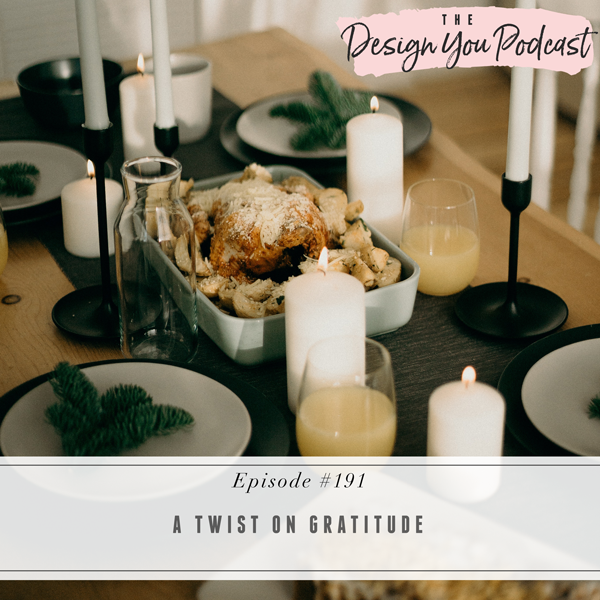
Happy Thanksgiving Friends! It’s the time of year to express our gratitude for all that we have. But in this episode, I’m putting a twist on the way we’re looking at gratitude.
About a year ago, I read a book called Burnout: The Secret to Unlocking the Stress Cycle by Emily and Amelia Nagoski. At the very end of their book, there’s a concept of how to do gratitude differently, and they taught me a completely different way to think about gratitude that has impacted me immensely in the last 12 months.
Join me this week as I’m giving you a twist on gratitude, a different way to think about it, and showing you how to make a shift in your own gratitude practice. Hear the shift that has been huge in my own gratitude practice and how you can start thinking about gratitude differently in your life. Get ready for a gamechanger, friends, this episode is a good one.
If you would like help creating your values, we’re opening up the doors to our Millionaire Mentorship Program in a few weeks. And if you just can’t wait for us to release the information, DM me on Instagram and I’ll tell you more about it!
If you want help creating a business with thriving revenue streams so that you can design the life you really want, get on the waitlist for the next round of my Design You Coaching Program. Inside, you’ll get access to a whole new course where I share my complete design system with you. You’ll receive every template, tool, SOP, worksheet, downloadable, video, and more that I have created and used myself, and receive a complete step-by-step for how to run your full-service projects.





